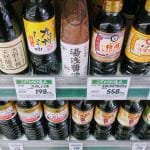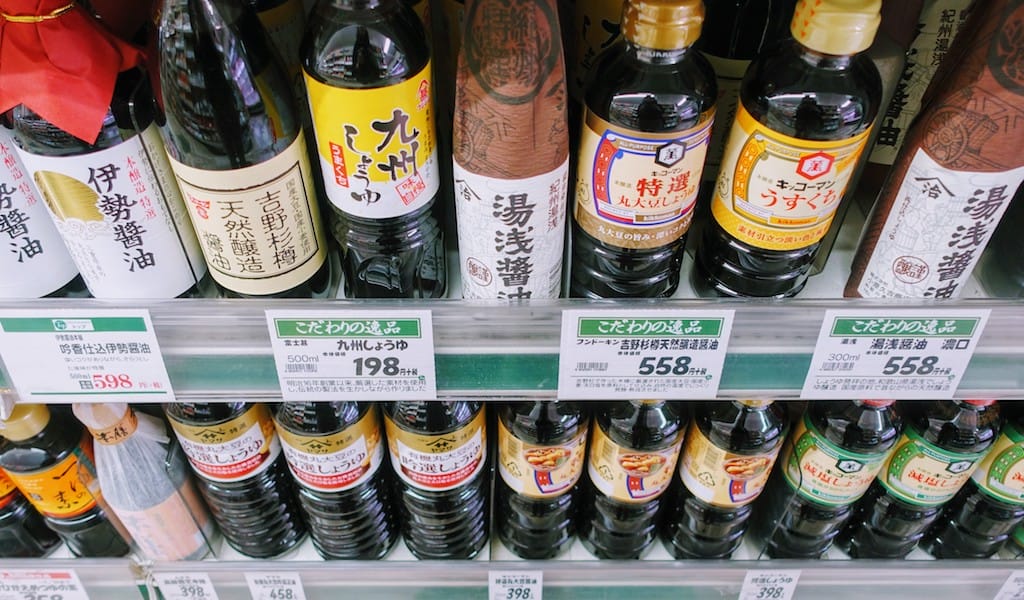Editor’s note: As our cities begin reopening and adapting to the new normal in the wake of the coronavirus crisis, we are asking CB team members as well as chefs, journalists and food personalities to share the meal they are most looking forward to eating in our new “First Bite” series. First up is Célia Pedroso, our Lisbon bureau chief.
Choosing a place for a first bite in Lisbon after all the restaurants, cafés and pastelarias have been closed for more than two months is not easy – there are so many options, and so many foods I’ve been missing.
But after a few inquiries, I realized many places won’t open on Monday, May 18, the official date given by the government for the opening of restaurants, cafés, kindergartens and museums. So that narrowed down the list of possible venues. Then I thought hard about what, exactly, I want to eat and settled on fish grilled over charcoal, as I usually don’t cook it on my balcony to prevent retaliation from angry neighbors. After that, the choice was easy: I want to go to Último Porto and feast on fish, horse mackerel for now, at least until the sardine season starts in June.
The first time I went there I got lost – located next to the Gare Marítima de Rocha Conde d’Óbidos (the Maritime Station of Rocha Conde d’Óbidos), it’s hidden amongst shipping containers, separated from the port by a barbed-wire fence. My brother wanted to meet for lunch. He worked nearby and knew everyone – it had been his favorite lunch spot for years. And he knew how much I love fresh fish.
In spite of its location by the river, this is not your usual waterfront dining due to the port traffic. Originally the restaurant was located on the first floor of the building it currently occupies, only moving to the ground floor in 1996. It was upstairs where Mário Gonçalves Barata, the father of the current owner, Pedro, began working at age 22. Mário eventually took over the restaurant in 1974; now 87 years old, he’s a legend in the Lisbon port community. Pedro began helping out when he was 12 years old and hasn’t left the kitchen since. The 51-year-old runs the restaurant with his wife, Vilma.

A stop on our Song of the Sea walk, Último Porto is one of the last places still grilling fish over charcoal. For many reasons, from health and safety regulations to the small size of kitchens, the old grill has disappeared from many restaurants. They only come out during the festivals of Santo António (which have been canceled this year due to the pandemic).
But because of its location, in the port area, nested between the maritime station and the multi-colored containers, Último Porto has remained a stronghold for grilled fish, surviving trends and feeding business people, port workers and young crowds from the co-working building nearby. I used to run into Pedro in Mercado da Ribeira buying from some of the same vendors, especially seafood from Lurdes and her daughter. His clams Bulhão Pato (with cilantro, garlic and olive oil) are some of the best in the city.
The fish and seafood comes mostly from Ribeira, but besides its freshness there’s another secret: the way it is cooked. The master of the grill, Maria do Céu, has been doing this for 15 years, and she’s still smiling. She starts the fire early, at 10:30 a.m., and two hours later the first orders arrive: horse mackerel, grouper, cuttlefish, salt cod, hake roe and, of course, the beloved summer sardines. She grills the shining silver fish over the low fire, dressed only in sea salt, and the perfume (and smoke) of the grill blankets the terrace. While I won’t be able to see the smiles of Maria do Céu and Vilma (one of the things I miss most) since they’ll be wearing masks, at least I will be enveloped once again in the familiar and smoky fragrance.
Published on May 18, 2020
Related stories
December 13, 2019
Tokyo | By Lily Crossley-Baxter
TokyoSo ubiquitous as to be rendered almost invisible, the sticky bottles of soy sauce that decorate every table, counter and shelf in Japan are never far from reach. Both an ingredient and a condiment, there isn’t a chef in the land who would begrudge a diner a dash of the sleek black sauce – be…
July 2, 2020
AthensFanis Theodoropoulos grew up regularly visiting his father’s deli on Evripidou, the so-called “spice street” in the vibrant Central Market area. His father Dimitris, or “Barba-Mitsos,” as they called him, ran the tiny shop until 2002, when Fanis took over. Although they now offer a wide selection of meats and cheeses, sourced from artisanal producers…
November 6, 2018
BarcelonaThe Delta de l’Ebre is a magical part of southern Catalonia’s Tarragona region. A flat swampy area where the Ebro River meets the sea, the delta contains within its confines a natural park rich in fauna and flora as well as 20,500 hectares of rice fields; the ecosystem allows both to coexist in harmony. The…

















































































